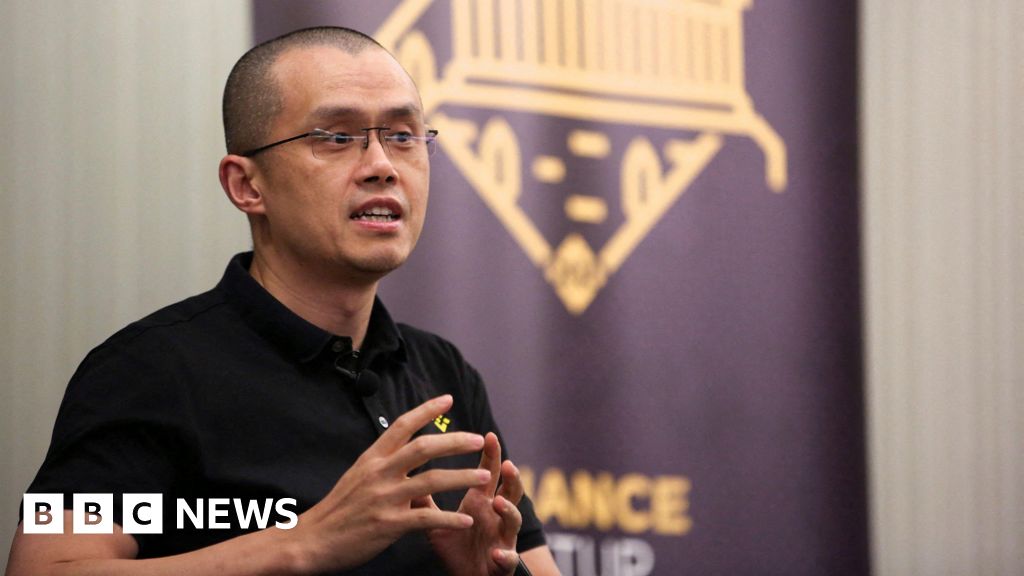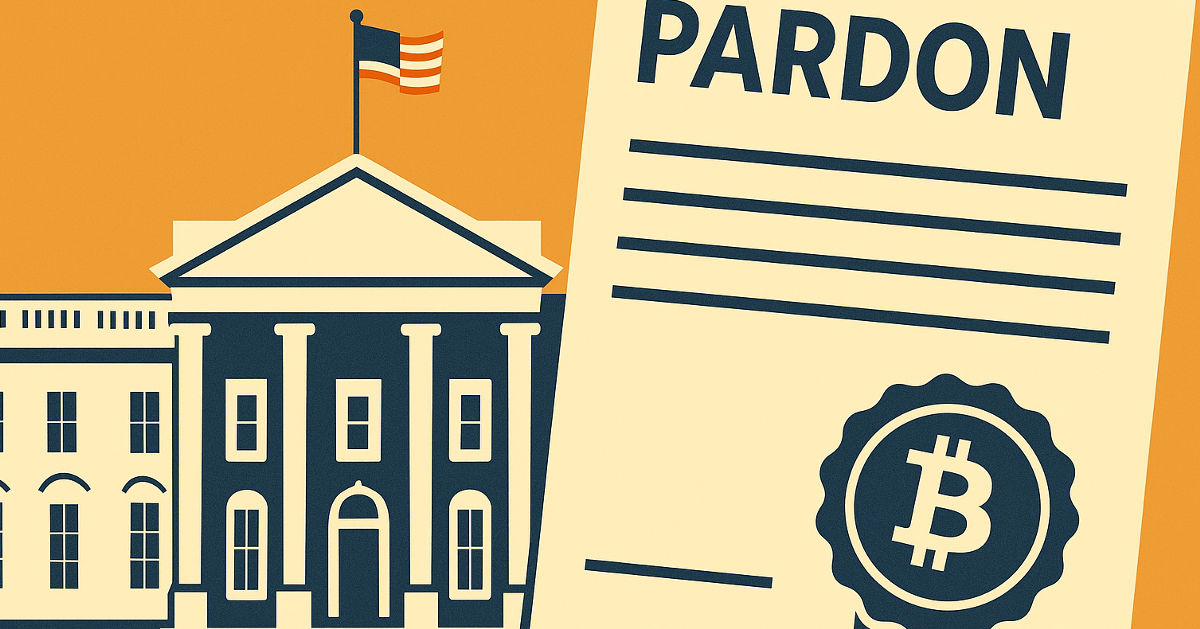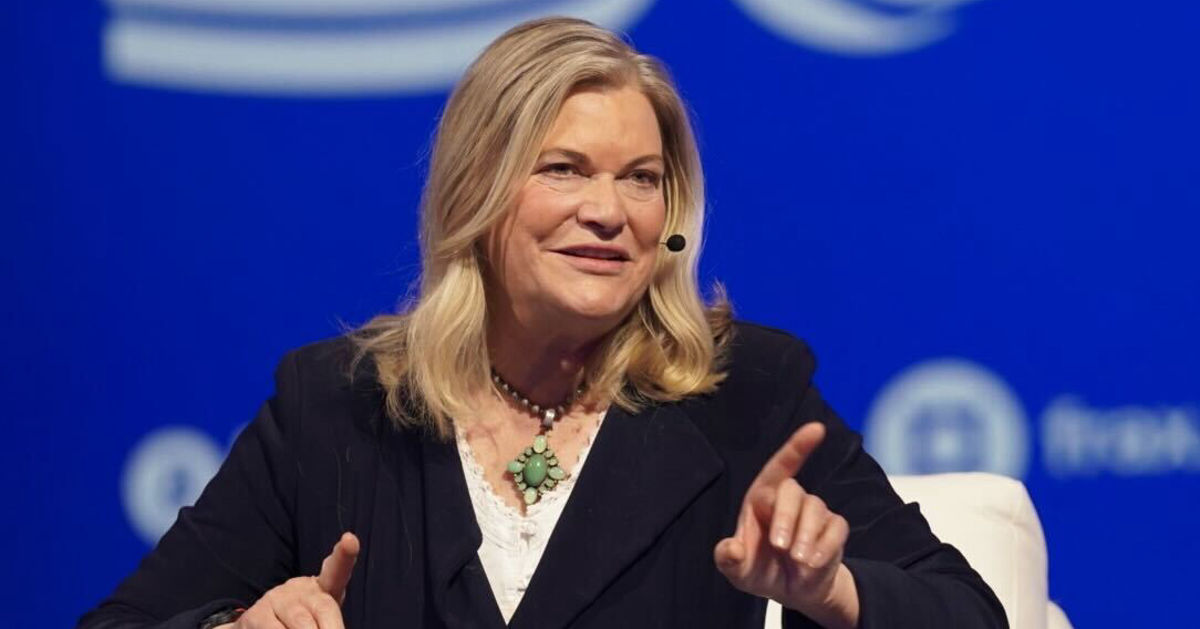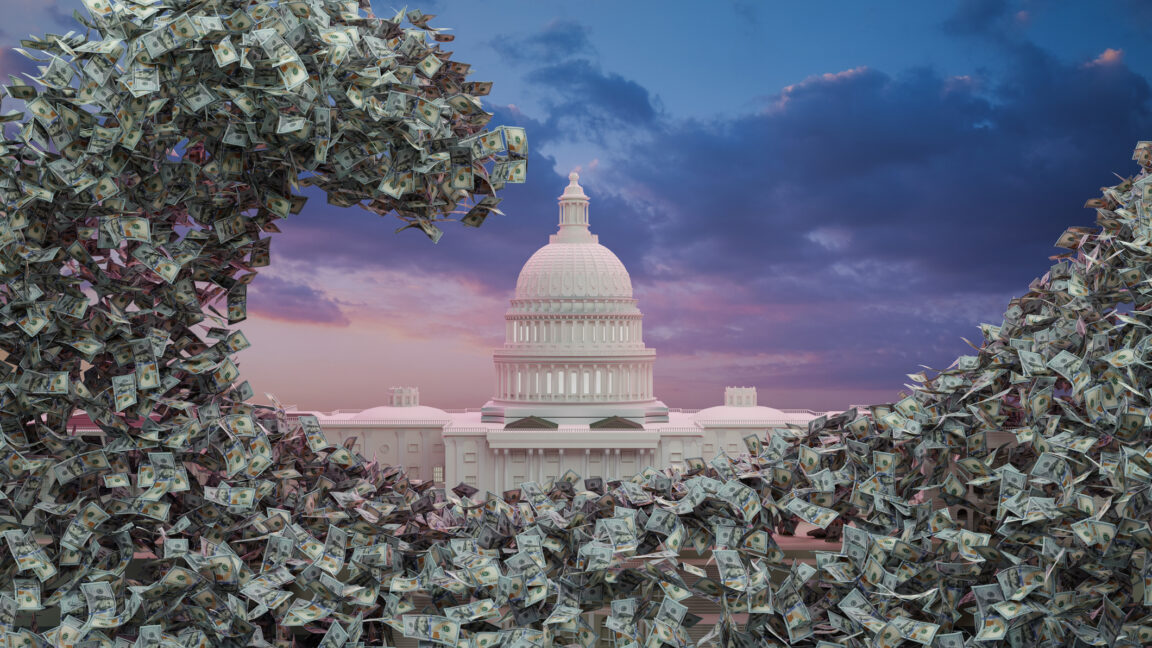#cryptocurrency-regulation
#cryptocurrency-regulation
[ follow ]
#stablecoins #bitcoin #genius-act #binance #changpeng-zhao #presidential-pardon #sec #cftc #clarity-act #trump
fromBitcoin Magazine
6 days agoPresident Trump Picks Pro-Crypto Counsel Michael Selig To Lead CFTC
President Donald Trump has selected Michael Selig, chief counsel for the Securities and Exchange Commission's crypto task force, to chair the Commodity Futures Trading Commission (CFTC). Selig's nomination, first reported by Bloomberg, marks Trump's second attempt to fill the CFTC's top post, following the stalled nomination of Brian Quintenz, a16z crypto's global policy chief, amid opposition from Gemini co-founder Tyler Winklevoss. Selig, who serves as an aide to SEC Chairman Paul Atkins, has been instrumental in coordinating regulatory approaches between the SEC and CFTC on financial and crypto market oversight. The CFTC, which regulates futures, swaps, and prediction markets, is gaining greater prominence as Congress considers new crypto market structure legislation. Before joining the SEC, he was a partner at Willkie Farr & Gallagher, specializing in asset management. Selig's appointment will require Senate confirmation.
US politics
fromThe Verge
1 week agoTrump pardons disgraced Binance founder Changpeng Zhao
In April of 2024, Zhao was sentenced to four months in prison after pleading guilty to charges that he and Binance had failed to adequately implement anti-money laundering protections. The company was also hit with a massive $4.3 billion fine as part of its settlement with the Department of Justice under the Biden administration. The department said that Binance had become a hub of criminal money laundering, facilitating "billions of dollars of unregulated cryptocurrency transactions," including "nearly" $900 million in transactions between the US and Iran.
US politics
fromBitcoin Magazine
2 weeks agoKenya Signs Virtual Asset Bill Into Law, Ushering New Era For Bitcoin And Crypto Regulation
Kenya has officially entered a new era for digital assets. President William Ruto signed the Virtual Asset Service Providers Act, 2025, giving the country its first comprehensive crypto regulation framework. The new law licenses and regulates crypto exchanges, wallet providers, brokers, and payment processors operating in or from Kenya. It also brings the fast-growing sector under the oversight of two main regulators - the Central Bank of Kenya (CBK) and the Capital Markets Authority (CMA).
World news
fromWashingtonian - The website that Washington lives by.
1 month agoMeet DC's 2025 Tech Titans - Washingtonian
Washington's tech landscape has been reshaped by a whirlwind of political change, regulatory reversals, and an AI gold rush. President Trump's takeover of the Federal Trade Commission is seeking to combat "tech censorship," while the Defense Department's $1.8 billion AI investment has contractors racing to capitalize on the government's artificial-intelligence ambitions-even as some industry giants face federal scrutiny. The AI industry has been busy lobbying Congress to set an innovation-first agenda, with lighter regulations versus restrictive oversight. But some company heads are calling for guardrails.
US politics
[ Load more ]












